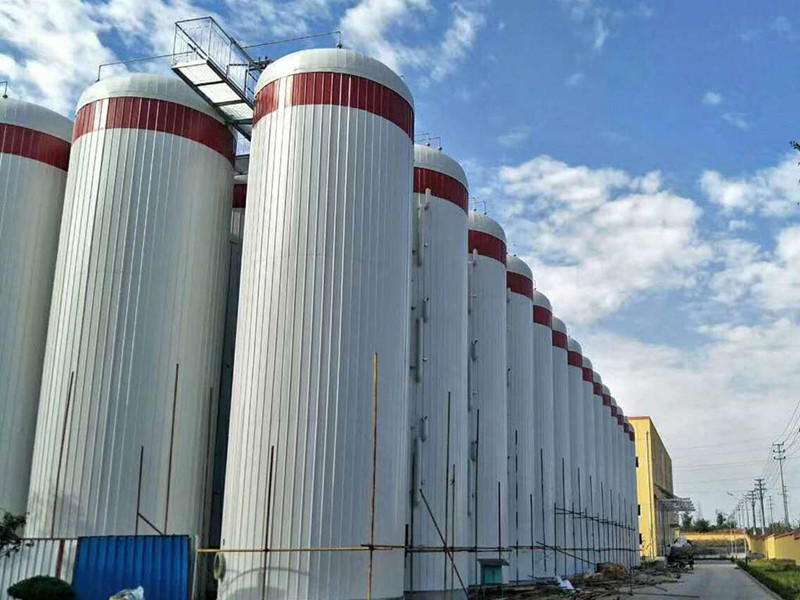
-
 Afrikaans
Afrikaans -
 Albanian
Albanian -
 Amharic
Amharic -
 Arabic
Arabic -
 Armenian
Armenian -
 Azerbaijani
Azerbaijani -
 Basque
Basque -
 Belarusian
Belarusian -
 Bengali
Bengali -
 Bosnian
Bosnian -
 Bulgarian
Bulgarian -
 Catalan
Catalan -
 Cebuano
Cebuano -
 China
China -
 China (Taiwan)
China (Taiwan) -
 Corsican
Corsican -
 Croatian
Croatian -
 Czech
Czech -
 Danish
Danish -
 Dutch
Dutch -
 English
English -
 Esperanto
Esperanto -
 Estonian
Estonian -
 Finnish
Finnish -
 French
French -
 Frisian
Frisian -
 Galician
Galician -
 Georgian
Georgian -
 German
German -
 Greek
Greek -
 Gujarati
Gujarati -
 Haitian Creole
Haitian Creole -
 hausa
hausa -
 hawaiian
hawaiian -
 Hebrew
Hebrew -
 Hindi
Hindi -
 Miao
Miao -
 Hungarian
Hungarian -
 Icelandic
Icelandic -
 igbo
igbo -
 Indonesian
Indonesian -
 irish
irish -
 Italian
Italian -
 Japanese
Japanese -
 Javanese
Javanese -
 Kannada
Kannada -
 kazakh
kazakh -
 Khmer
Khmer -
 Rwandese
Rwandese -
 Korean
Korean -
 Kurdish
Kurdish -
 Kyrgyz
Kyrgyz -
 Lao
Lao -
 Latin
Latin -
 Latvian
Latvian -
 Lithuanian
Lithuanian -
 Luxembourgish
Luxembourgish -
 Macedonian
Macedonian -
 Malgashi
Malgashi -
 Malay
Malay -
 Malayalam
Malayalam -
 Maltese
Maltese -
 Maori
Maori -
 Marathi
Marathi -
 Mongolian
Mongolian -
 Myanmar
Myanmar -
 Nepali
Nepali -
 Norwegian
Norwegian -
 Norwegian
Norwegian -
 Occitan
Occitan -
 Pashto
Pashto -
 Persian
Persian -
 Polish
Polish -
 Portuguese
Portuguese -
 Punjabi
Punjabi -
 Romanian
Romanian -
 Russian
Russian -
 Samoan
Samoan -
 Scottish Gaelic
Scottish Gaelic -
 Serbian
Serbian -
 Sesotho
Sesotho -
 Shona
Shona -
 Sindhi
Sindhi -
 Sinhala
Sinhala -
 Slovak
Slovak -
 Slovenian
Slovenian -
 Somali
Somali -
 Spanish
Spanish -
 Sundanese
Sundanese -
 Swahili
Swahili -
 Swedish
Swedish -
 Tagalog
Tagalog -
 Tajik
Tajik -
 Tamil
Tamil -
 Tatar
Tatar -
 Telugu
Telugu -
 Thai
Thai -
 Turkish
Turkish -
 Turkmen
Turkmen -
 Ukrainian
Ukrainian -
 Urdu
Urdu -
 Uighur
Uighur -
 Uzbek
Uzbek -
 Vietnamese
Vietnamese -
 Welsh
Welsh -
 Bantu
Bantu -
 Yiddish
Yiddish -
 Yoruba
Yoruba -
 Zulu
Zulu
frp launder
Understanding FRP Launders Applications and Benefits
Fiber Reinforced Polymer (FRP) launders have emerged as a revolutionary product in the field of water treatment and wastewater management. These structures, made from composite materials, offer numerous advantages over traditional materials, making them an essential component in various industries, including municipal water treatment plants, mining, and industrial processing.
Understanding FRP Launders Applications and Benefits
Another significant benefit of FRP launders is their corrosion resistance. Traditional materials like concrete and metal often suffer from chemical deterioration due to exposure to harsh wastewater conditions. In contrast, the composite materials used in FRP launders are inherently resistant to a wide range of chemicals and environmental factors, ensuring a long lifespan and reduced maintenance costs. This characteristic is especially vital in mining operations, where the presence of corrosive substances can compromise the integrity of traditional systems.
frp launder

In addition to their durability, FRP launders offer excellent hydraulic performance. The smooth surface of FRP reduces friction losses, thus enabling efficient water flow. The design can be customized to meet specific operational requirements, ensuring optimal performance under varying conditions. This flexibility makes FRP launders suitable for various applications, from municipal systems to heavy industrial settings.
Another noteworthy aspect is the sustainability of FRP materials. Many FRP products are manufactured using recycled materials and are recyclable themselves at the end of their life cycle. This aligns with the growing emphasis on environmentally friendly practices within the industry, allowing companies to reduce their ecological footprint.
Moreover, the installation process of FRP launders is relatively quicker and simpler than that of traditional materials. Since they are prefabricated off-site, the installation can often be completed in a fraction of the time, minimizing operational downtime. The convenience of FRP installation is an attractive quality for operators looking to enhance system efficiency without long interruptions to service.
In conclusion, FRP launders represent a cutting-edge solution for fluid handling in water treatment and various industrial applications. Their lightweight nature, corrosion resistance, hydraulic efficiency, and installation speed highlight their advantages over traditional materials. As industries continue to prioritize sustainable practices and efficiency, FRP launders are poised to play an integral role in the evolution of fluid management technologies. The adoption of FRP systems not only enhances operational effectiveness but also contributes positively to the environment, making them a forward-thinking choice for modern infrastructure.









